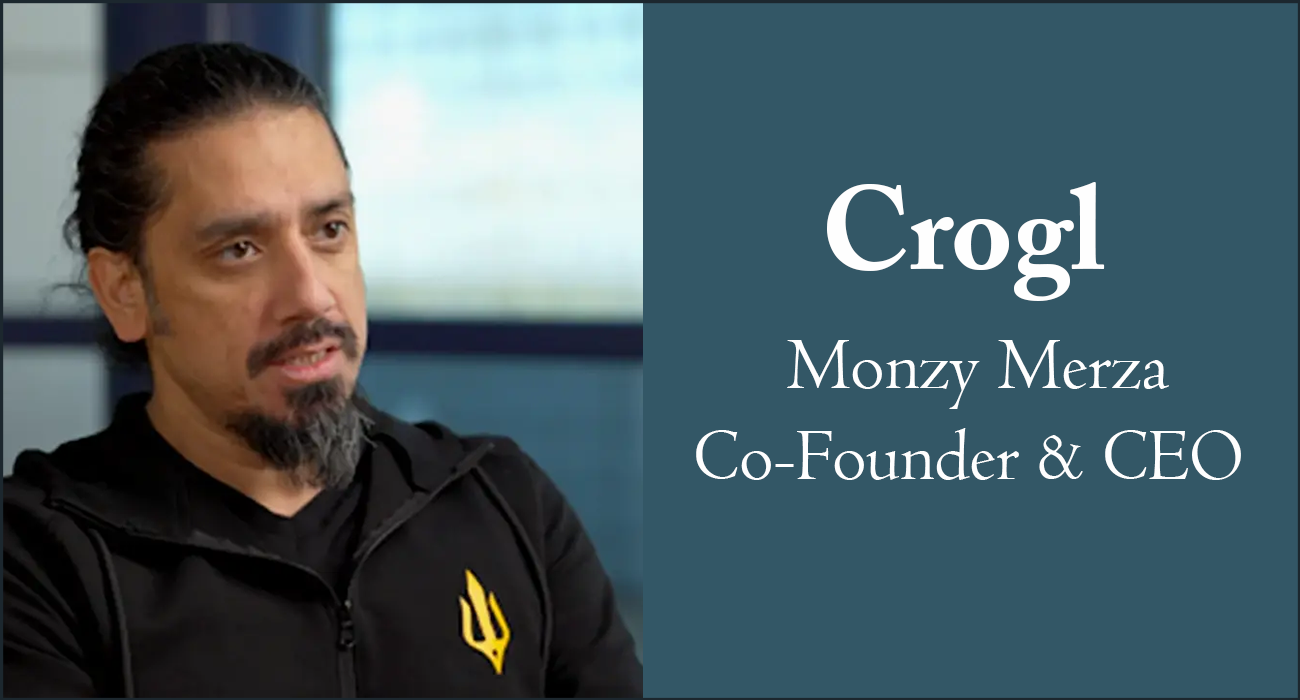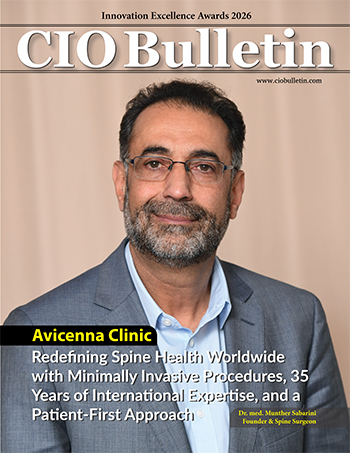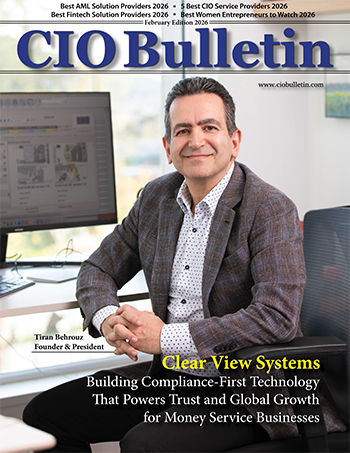CIO Bulletin

With the modern threat environment moving at an alarming pace against security teams who cannot do so quickly enough in such a dynamic threat environment, Crogl is an innovation in its own right—an artificially intelligent self-learning knowledge engine that will truly revolutionize the face of security operations. Instead of relying on traditional Security Operations Centers (SOCs), Crogl represents a shift in cybersecurity where artificial intelligence becomes the main tool for fully understanding and responding to threats, rather than just helping human analysts.
Redefining Security Operations through Autonomous Intelligence
The contemporary SOC undergoes pressures never experienced before. Alert fatigue, talent shortages, and the growing complexity of hybrid IT have combined to create a dangerous situation for organizations. Crogl takes these challenges directly; it works as an independently operating SOC analyst, which does not have to sleep, does not experience overloads and, instead, gets stronger.
Unlike traditional security tools, which merely represent the possible threats, Crogl adopts full responsibility for the investigation cycle. As soon as an alert is displayed in a SIEM, inside a ticketing system, such as ServiceNow or Jira, or any security platform, Crogl jumps to action. It does more than triage; it completes investigations, employing all possible security tools as well as data sources to go through the exact workflows of the organization.
The best part about this is that Crogl is capable of handling ordinary alerts and unprecedented threats both with great efficiency. Other systems are based on huge playbooks and hard-coded rules, but with Crogl and the adaptive learning engine behind it, this product can solve new threats by leveraging the information it has, namely, knowledge of security principles, knowing its specific context of an organization and also the MITRE ATT&CK framework.
The Power of Continuous Learning and Adaptation
The basis of Crogl innovation is its learning dynamism. Most security automation tools are rather static, and they need to be manually updated to remain effective, but Crogl develops them in real-time. It also evaluates each investigation they conduct, is made better by the feedback of analysts and takes new threat knowledge to continuously improve its methods.
This learning encompasses multiple dimensions. Hitting events of the past, Crogl analyzes the historic ticket data to know how the same alert works and had been dealt with previously. It takes note of analyst remarks and judgments to make use of human knowledge in its operation. It even learns the specific schemas and data structures used by an organization across various security tools, eliminating the need for normalization projects.
The result is a security system that becomes increasingly intelligent and better aligned with the organization's needs over time. The paradigm shift that Crogl brings is that, whereas the technical debt introduced by the current SOC tools comes as a result of the inflexible workflows, the compounding value offered by Crogl is that the better each investigation is, the smarter each next investigation will become.
Enterprise-Grade Privacy and Control
Crogl presents a totally new strategy compared with cloud-based security strategies in a world where data privacy and sovereignty are matters of growing concern. There is no overhead or rent to use the platform because it is built completely in the own datacenter of a customer: in a private cloud, on-premises, or even air-gapped to the most security-conscious organizations.
This architecture has several essential benefits. To begin with, sensitive security data is never in the control of other parties as it complies with rules governing regulated sectors in the finance, health and government sectors. Second, it gets rid of latency and reliability issues that are synonymous with cloud-based security solutions. And probably the most important thing is that it provides organizations full visibility and control over their security operations.
Transformational Business Impact
The Crogl offers major operational advantages that translate to quantifiable business results. It helps security teams to operate in excess of 10K alerts in a day with adequate documentation and exceeds conventional SOC functions. Its independent search for threats through hybrid environments will guarantee wide coverage of security without the need to expand the labor force. For companies changing to digital systems, Crogl's flexible approach makes it easier to move to a new SIEM system without missing any important threats. Moreover, automating up to 90 percent of routine investigations enables analysts to focus on high-level duties, minimizing turnover and burnout due to the talent shortage in the industry.
The Future of Proactive Defense
Crogl is taking cybersecurity to the next level by switching to a proactive defense with threat hunting driven by natural language, allowing the security operators to detect an adversary's behavior before they start the red light alert. It's ability to perform a rapid analysis of security advisories will enable organizations to analyze vulnerabilities in minutes. The name Crogl means a change in the way to approach cyber security since it deals with exceptions in the velocity and complexity of the attacks using autonomous analysis using security intelligence that is becoming necessary.
To CISOs and security leaders, it offers a scalable and flexible security operation plan, and it frees experts who are allowed to focus on the key problems. Crogl is at the forefront of security operations, utilizing autonomous capabilities, continuous learning, and maintaining security-level privacy to help businesses remain safe during a period when cyberattacks are increasing in both frequency and severity.
About The Leader
Monzy Merza, Co-Founder & CEO of Crogl, is a cybersecurity leader and researcher with deep expertise in security strategy, threat intelligence, and go-to-market execution.

Insurance and capital markets







